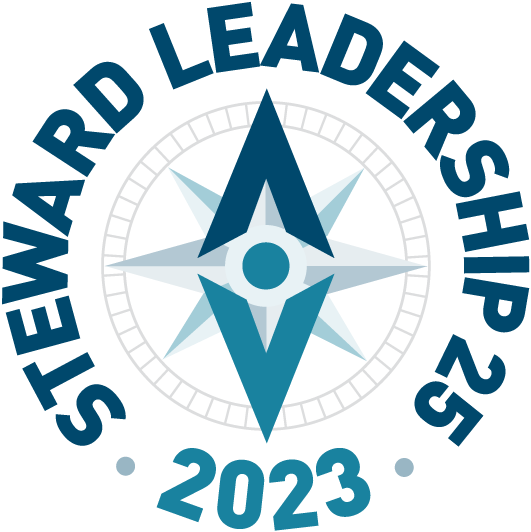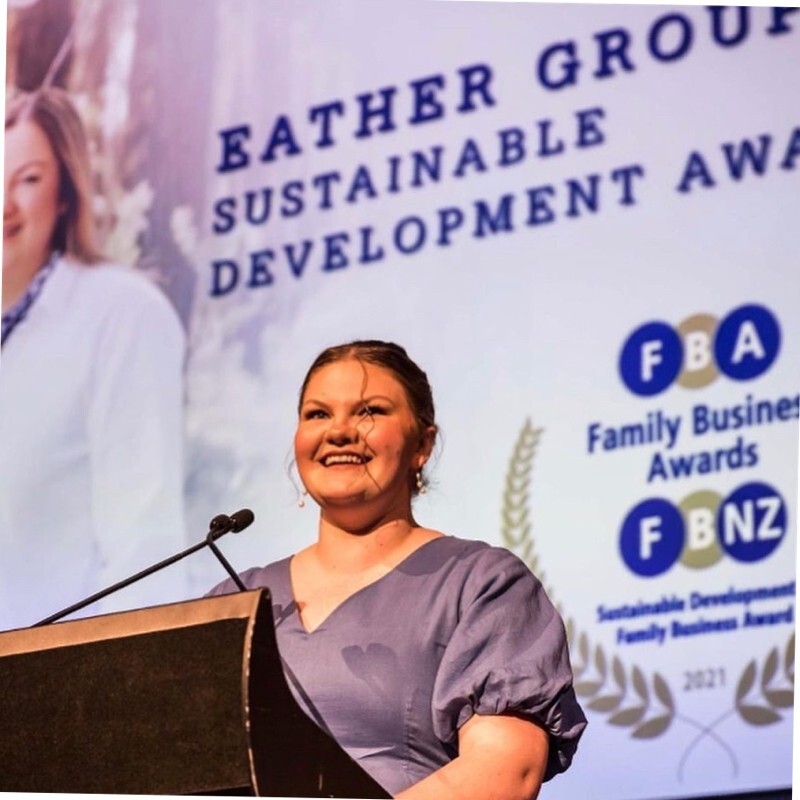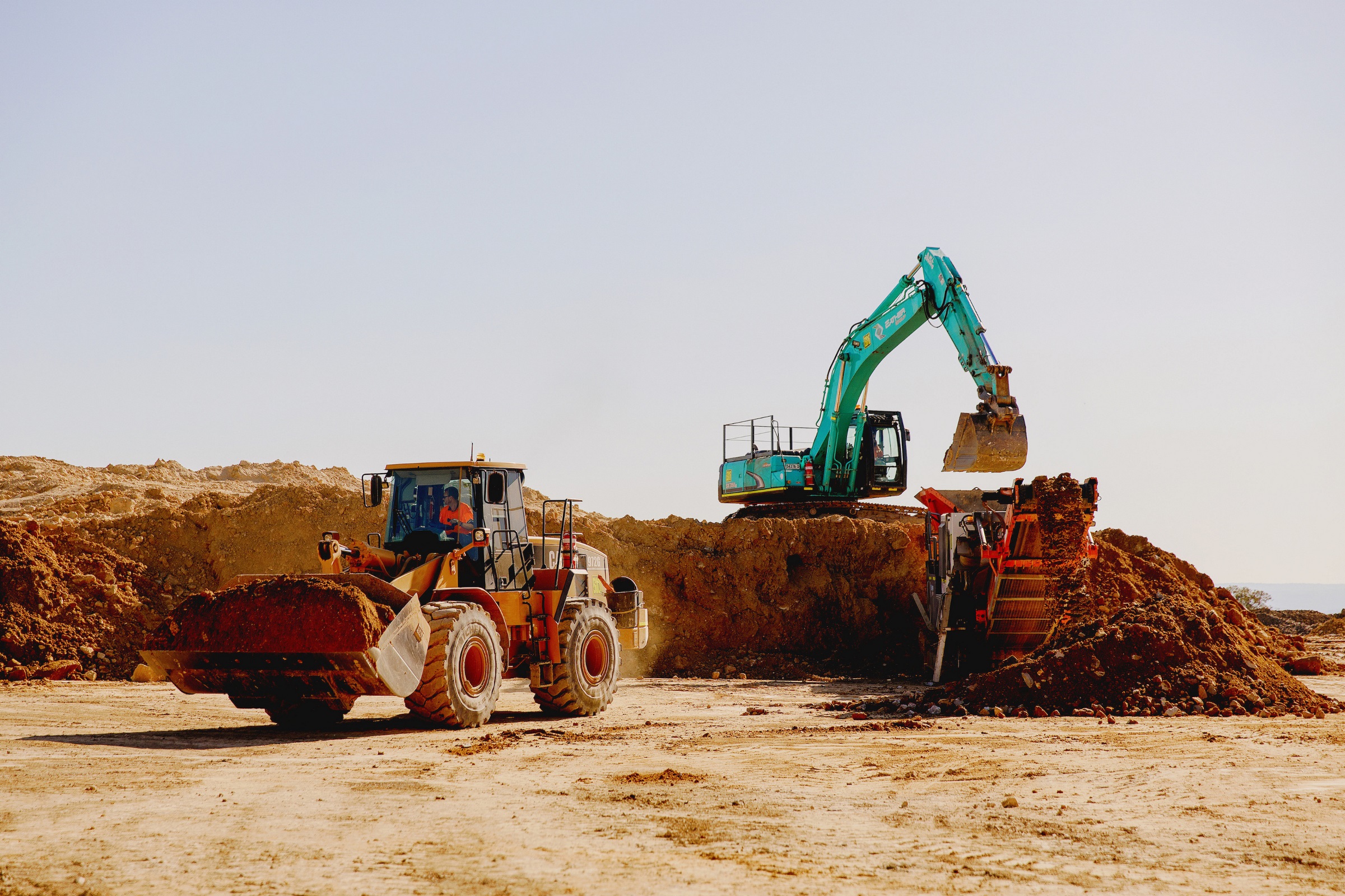An Indigenous-owned family business in Western Sydney championing circularity.
Construction is not the first industry that comes to mind in the sustainability conversation. But from humble beginnings in Western Sydney, our Indigenous family transport and earthmoving company, Eather Group, is giving a clear glimpse into a new best practice, innovating sustainable solutions to traditional construction issues and leading the construction industry, state and nationwide, to a circular economy.
We are the passion project and legacy of a family that cares deeply about “Working with Impact.” Since our establishment in 2010, we have used each project as an opportunity to create something meaningful and leave a lasting positive legacy beyond our organisation. So, our stewardship is guided by three pillars: Caring for Country, Caring for Community, and Caring for Culture.
Specialising in reuse opportunities for excavated material
Eather Group has become widely recognisable for our award-winning "waste to resource" initiatives, assessing the "waste" natural resources – clays, shales and sandstones – produced during the excavation stages of major construction projects and diverting them from a fate in landfill to be instead reused back in the industry. Most notably, we specialise in selective excavation, sourcing materials that can be used in manufacturing bricks.
With over three decades around what many of us would call rocks and dirt, our Managing Director Peter Eather has developed a unique understanding of the landscape of the Greater Sydney region, what materials are found where, what they can be used for, and how in demand they are.
This formed the basis of what we consider to be our magnum opus project, The Indigenous Circular Economy in Action Pilot. In 2020, we approached the demolition and earthworks team for high-rise development in North Sydney right over a rare and valuable pocket of white-burning shale – highly sought after for use in bricks.
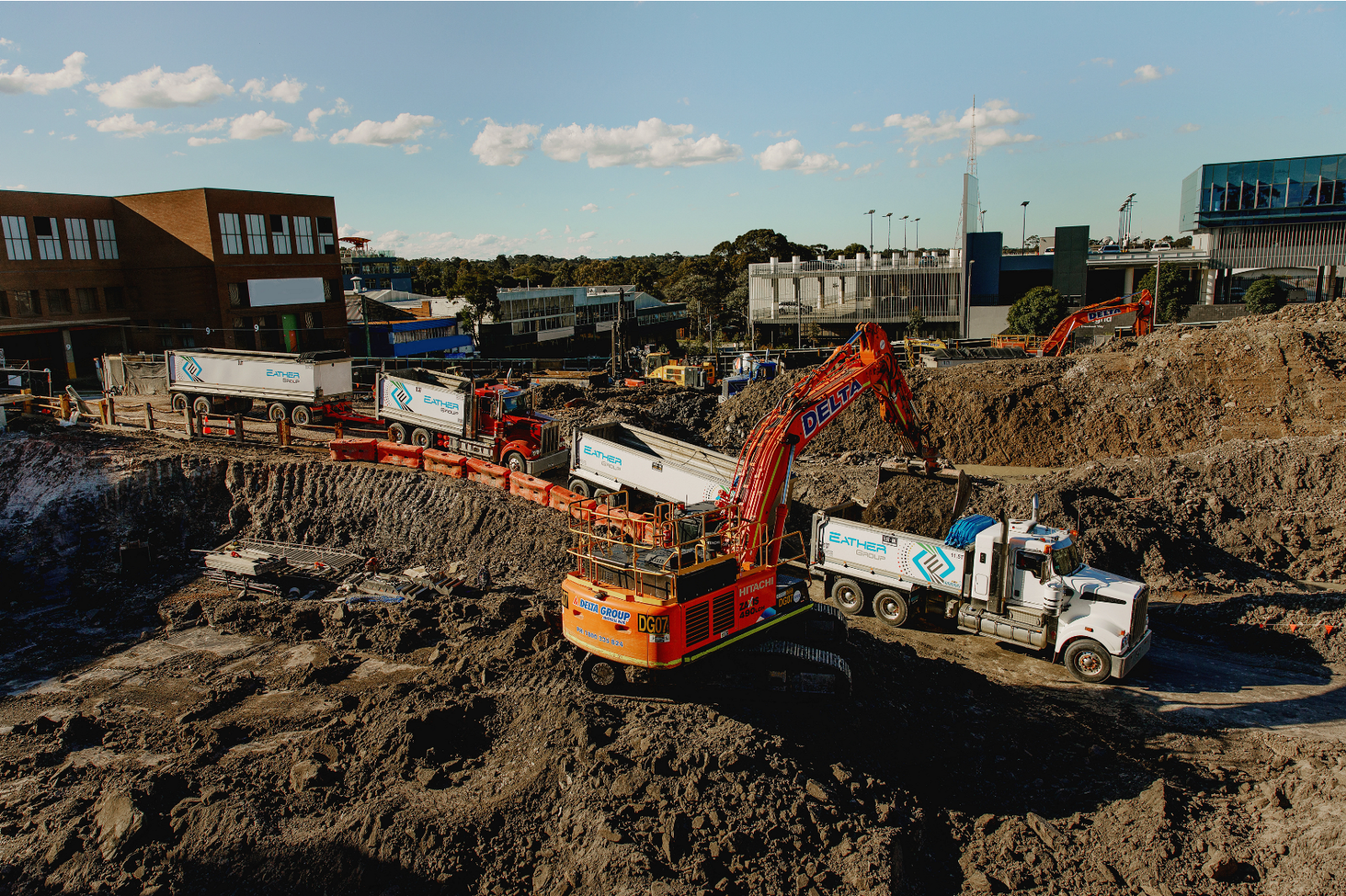 Eather Group trucks being loaded at North Sydney site (Credit Clarity Photography by Krystal Dempsey)
Eather Group trucks being loaded at North Sydney site (Credit Clarity Photography by Krystal Dempsey)
Saving cost by processing shale for reuse
After a series of educational pitches and workshops with the team’s decision-makers, Eather Group was engaged to excavate, transport and process 200,000 tonnes of this precious resource. Every tonne could be reused in bricks, and this single project’s “waste” will produce enough bricks to build approximately 14,600 homes over the next decade.
From the client's perspective, cutting out excessive tip fees meant our sustainable solution saved the project up to AUD1,000,000 (USD635,000).
Additionally, we invited representatives from the Metropolitan Local Aboriginal Land Council to the site to meet with the head contractors and project decision-makers, connecting all parties and opening a discussion around the area’s history and significance, ultimately involving Traditional Custodians in the future of their Country.
Closing this circle, the site's developers have bought back a number of these bricks to use across the site.
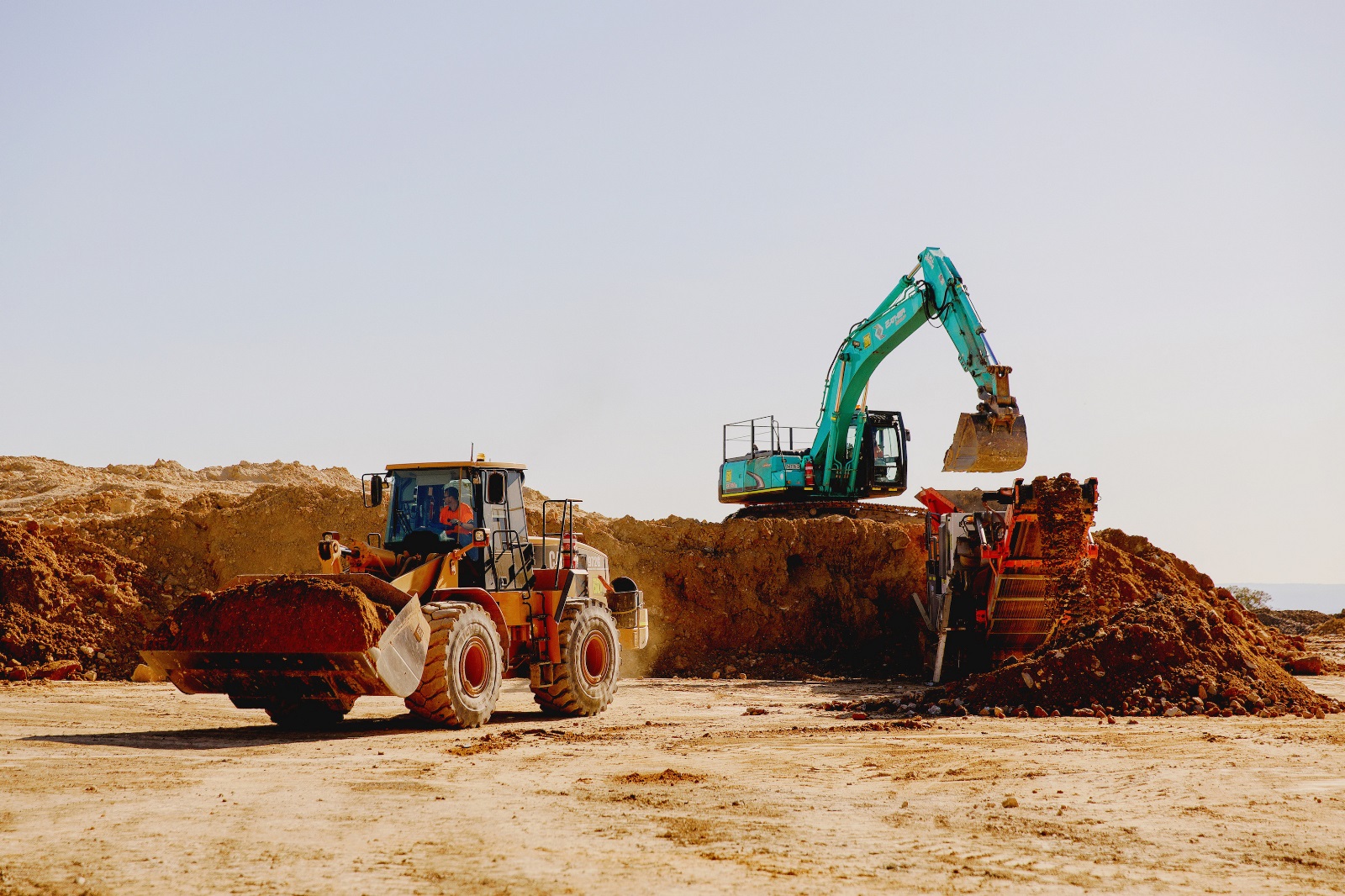 Eather Group crushing and screening materials for use in bricks (Credit Clarity Photography by Krystal Dempsey)
Eather Group crushing and screening materials for use in bricks (Credit Clarity Photography by Krystal Dempsey)
Making the most of reusable materials
Over 13 years, we have diverted more than 4,000,000 tonnes of waste material, theoretically making enough bricks to build approximately 250,000 houses. This initiative has also prevented the unnecessary quarrying and transport of millions of tonnes elsewhere to compensate.
Our genuine commitment to on-the-ground outcomes has fascinated and inspired people across industries. The initiative caught the attention of the New South Wales Environmental Protection Authority (EPA), who awarded us a Civil Construction Market Program Grant through the Waste Less Recycle More initiative funded by waste levies to support further replication and advocacy of our solutions within the industry. With the EPA’s support, we are currently working with brick manufacturers to develop Indigenous-designed bricks, which will recognise the different traditional Countries, cultures and histories that come together to form one brick and, ultimately, a person’s home. This grant is the first of its kind allocated for excavated natural materials in New South Wales.
Since our pilot project, our company has nearly doubled in size and capacity. Projects across Sydney are approaching us for innovative ways to manage their waste materials and having taken on the role of sourcing approximately 3 million tonnes of material for a development site, we can now offer reuse opportunities for brickmaking and non-brickmaking resources. Under our supervision, 100% of the imported material has been repurposed as clean waste from major Sydney projects.
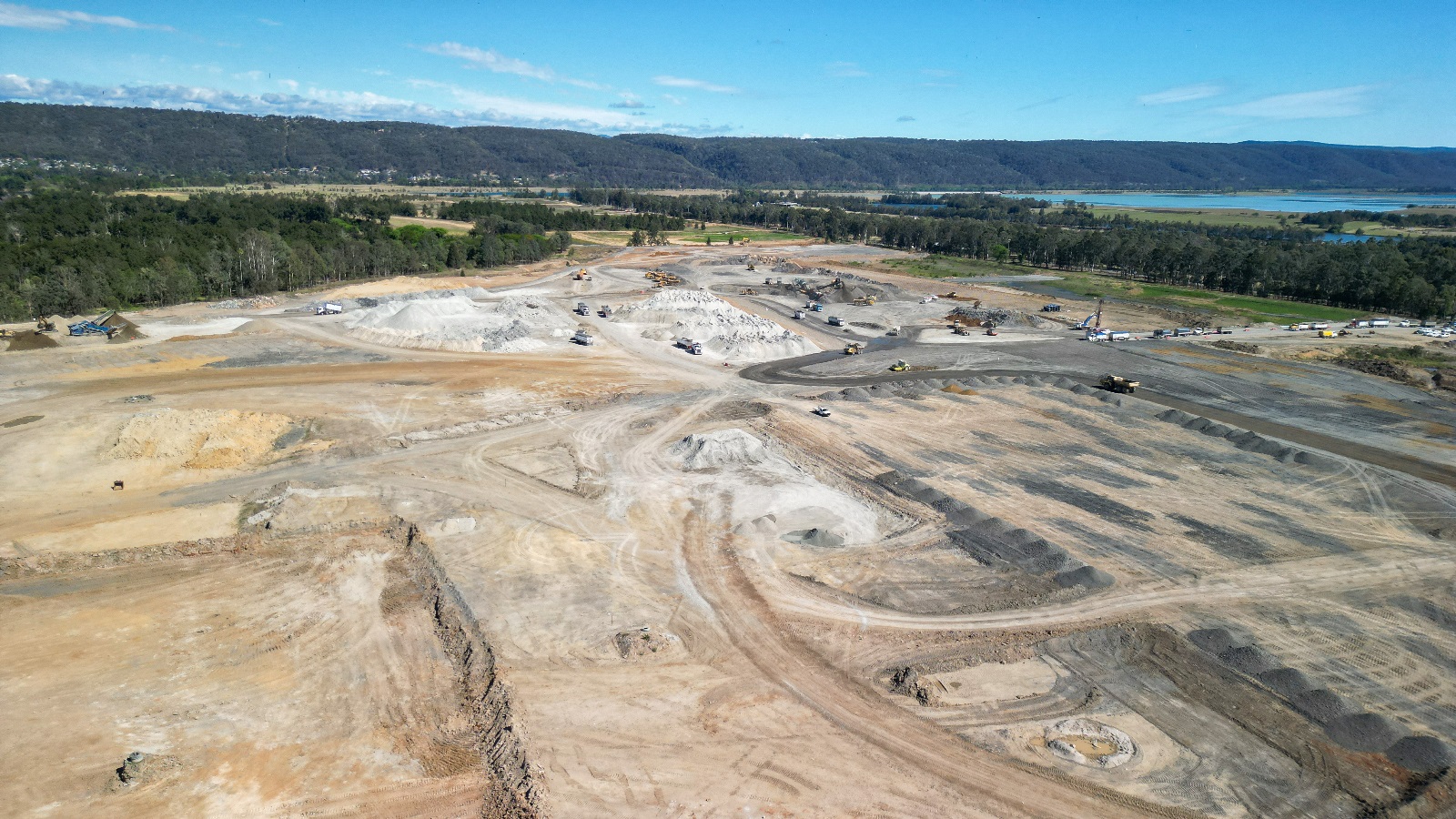 Nepean Business Park (Credit HiredGun Photography by Adam Hollingworth)
Nepean Business Park (Credit HiredGun Photography by Adam Hollingworth)
Diversifying workforce to promote gender and race inclusion
Our focus continues to be using our success to provide opportunities for others, and we are using the current projects to create entry pathways into the construction and trucking industry, attracting and maintaining a diverse workforce in a traditionally male-dominated industry. As of October 2023, 26% of our team are women across operational, executive and admin roles. The same can be said of the 31% who identify as Aboriginal and Torres Strait Islander. 92% are local to Western Sydney, and 31% are new to the industry or training in new roles.
The Indigenous Circular Economy in Action Pilot and our pursuits as a whole act as an example of how the United Nations Sustainable Development Goals (SDGs) can be implemented in the construction industry. In the end, we are a family business that knows who we are, and we have built an organisation designed to care and give back.
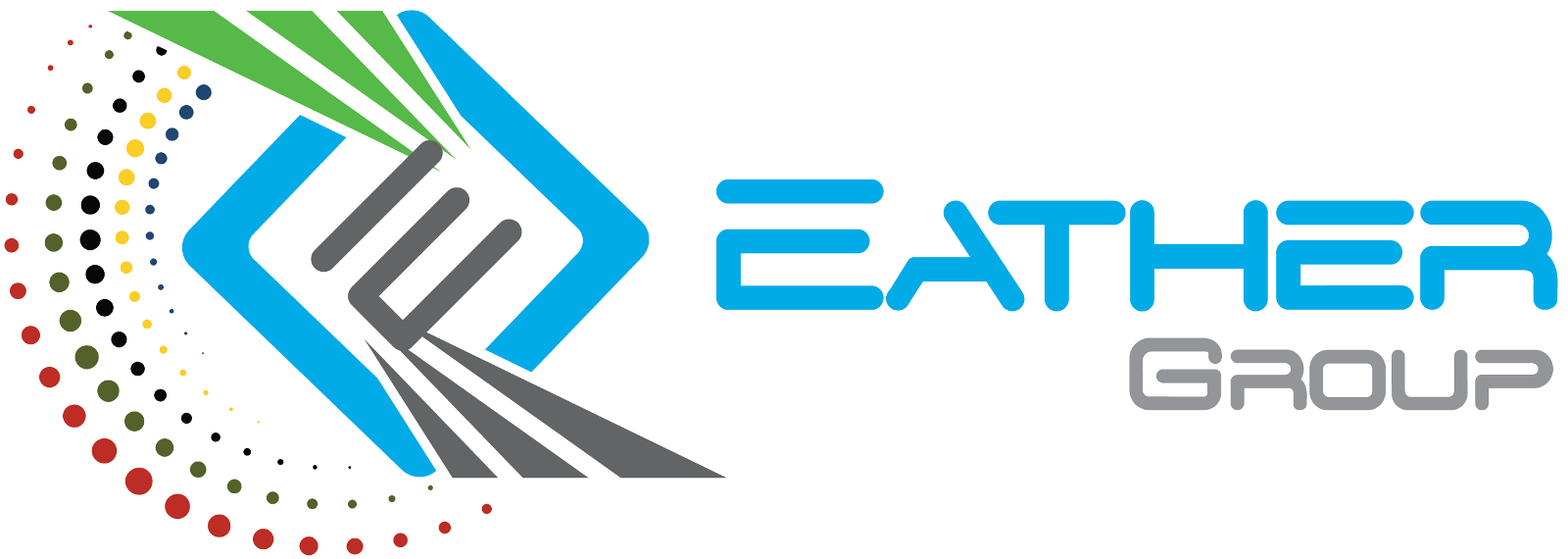
Eather Group is an Indigenous family business from New South Wales, Australia, that is leading the construction industry to a Circular Economy. In just 13 years they have become known for their commitment to diversity, for their focus on giving back to their community, and for innovating sustainable solutions to traditional construction issues.
Learn more about Eather Group through their website. To collaborate or connect, reach out directly to our SL25 team.
Connect


